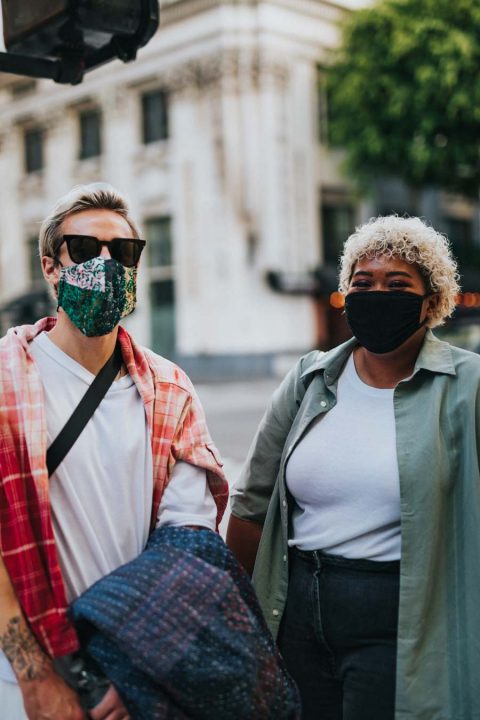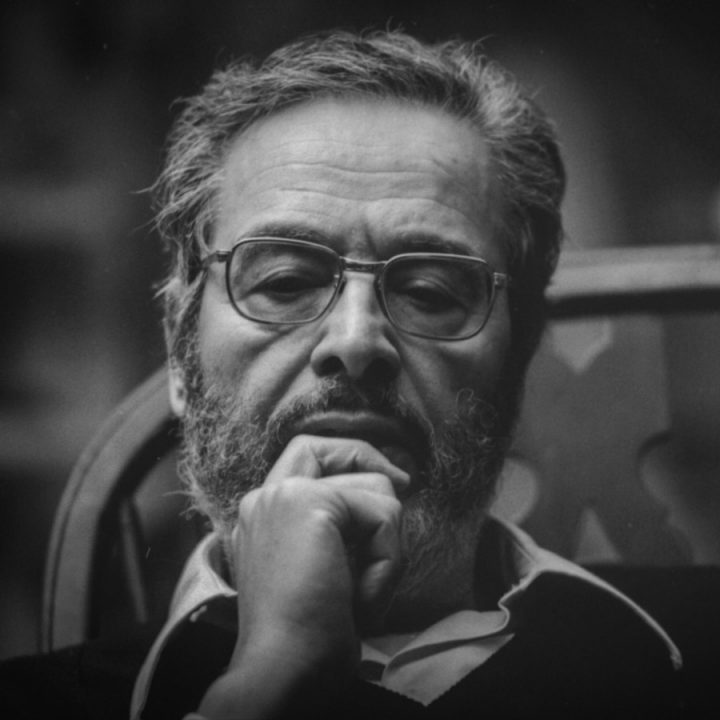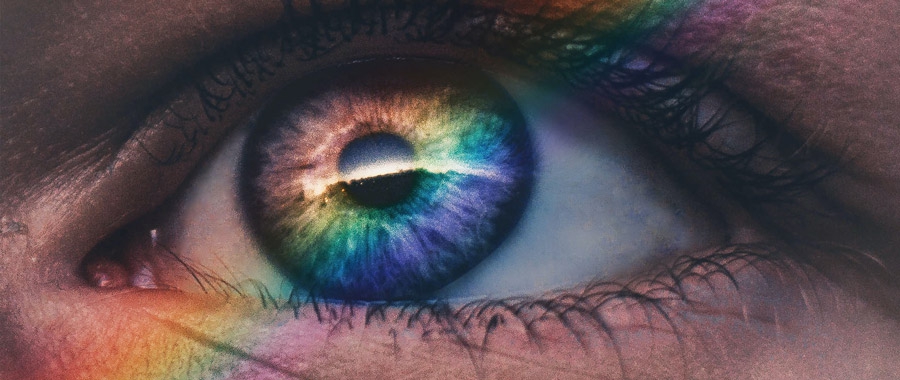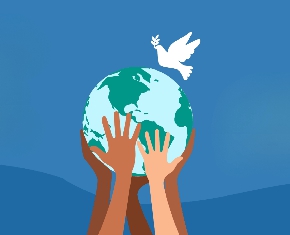The views expressed in our content reflect individual perspectives and do not represent the authoritative views of the Baha'i Faith.
As I write this in June 2020, American cities are burning due to a fire ignited by systemic racial discrimination. However, as a strong believer of oneness of humanity, I am optimistic. The skeptics among us may not believe that true harmony is possible, but I look to the trees of human capacities that have yielded fruits in other social areas.
The Baha’i teachings say that “All men have been created to carry forward an ever-advancing civilization.” But racial harmony is woefully lagging behind other advances. Having laws against overt exhibitions of racial discrimination is a great step, but we also need a culture of zero tolerance of social ills like gossip and stereotyping at home, at work, and at social gatherings.

As Abdu’l-Baha, the son of Baha’u’llah, the founder and prophet of the Baha’i Faith, said in a 1912 speech in New York City, where he spoke at length about the evils of racial segregation: “Do not exalt yourselves above others, but consider all as your equals, recognizing them as the servants of one God. Know that God is compassionate toward all; therefore, love all from the depths of your hearts, prefer all religionists before yourselves, be filled with love for every race, and be kind toward the people of all nationalities. Never speak disparagingly of others, but praise without distinction. Pollute not your tongues by speaking evil of another.”
Eliminating Unconscious Biases
As with any other character flaw, once you acknowledge a certain part of the self must change, you have taken a liberating step. If one admits one’s own prejudices and decides that they are wrong in a moment of great awakening, this is a sign of maturity — like accepting being an alcoholic, a gambler, or a bully — but it’s also only the first step.
We can consider four principles when striving to change our consciousness around this topic:
1. Accountability: Recognize our own prejudices and unconscious biases.
2. Understanding: Unearth the roots of our prejudices, knowing that whatever is learned can be unlearned.
3. Purification: As with a contagious physical disease, work to eliminate all potential sources of racist ideology from our lives.
4. Higher Cause: Appreciate the positive implications of social justice for the future of humanity.
Becoming free of discrimination is not an easy task, and we will never fully achieve it in our lifetimes. In my case, working to eliminate my prejudices has been a personal goal of transformation that has led me to an improved state of living.
The Golden Rule is a good guide to follow when promoting harmony and inclusivity. As Baha’u’llah, wrote: “Lay not on any soul a load which ye would not wish to be laid upon you, and desire not for anyone the things ye would not desire for yourselves.”
I also found it helpful to examine Albert Memmi’s approach to eradicating prejudices. Born in a poor section of Tunis, Tunisia, a Jew among Muslims, an Arab among Europeans, Memmi brought his own experience of the complex contours of prejudice to his analysis of a problem that divides societies the world over. Memmi redirected debates about racism and offered a rare chance for progress against social prejudice. He noted that disarming our own racism is “the first step, the price to be paid in advance.”

He also emphasized that because discrimination arises through psychosocial processes, we must continually educate people to resist it, and since racism lives in our institutions, it also requires institutional responses. Acknowledging the institutional nature of racism and finding ways to right the wrongs promoted by the flawed systems around us is a key step in furthering our own understanding and actively creating change.
Does harmony imply a colorblind society?
But what’s our ultimate goal? Should we aim to be able to claim that we “don’t see color”?
Rapid globalization means that groups migrate to different parts of the world in greater numbers than ever before — whether it’s due to work, family, or fleeing persecution or violence. Consequently, many conflicting traditions, values, and needs have caused disagreements as people struggle to define what harmonious coexistence should look like.
“Unity implies differences”
A common argument among peace-seeking people is that of “colorblindness” — that we should see no differences in each other at all and establish one uniform culture in our societies. But as Dr. Monnica T. Williams explains in an article in Psychology Today, the idea of color-blindness only serves to perpetuate many racist ideologies. She wrote that “multiculturalism is better than blindness,” and defines three fundamental rules to promote harmony in a diverse society:
1. Recognize and value differences.
2. Teach and learn about differences.
3. Foster personal friendships and organizational alliances.
Unity implies differences. In the book “Divine Philosophy,” Abdu’l-Baha wrote that “humanity may be likened unto the vari-colored flowers of one garden. There is unity in diversity. Each sets off and enhances the other’s beauty.” One of the greatest achievements humanity could reach would be to see diversity as our strength.
In big population centers like Toronto, where I live, exposure to different cultures and races is inevitable. But even in a diverse environment, it’s up to us to promote equality in every interaction we have. In Toronto schools, students or their parents come from many parts of the world, building friendships and futures together. It gives me hope that discrimination will someday be a non-issue as children and youth feel that a diverse environment is their natural habitat.
Baha’u’llah wrote that progress is inevitable if we make our primary concern the betterment of the world, and make our life’s purpose “to obliterate differences, and quench the flame of hatred and enmity, so that the whole earth may come to be viewed as one country.”
















Comments
Sign in or create an account
Continue with Googleor